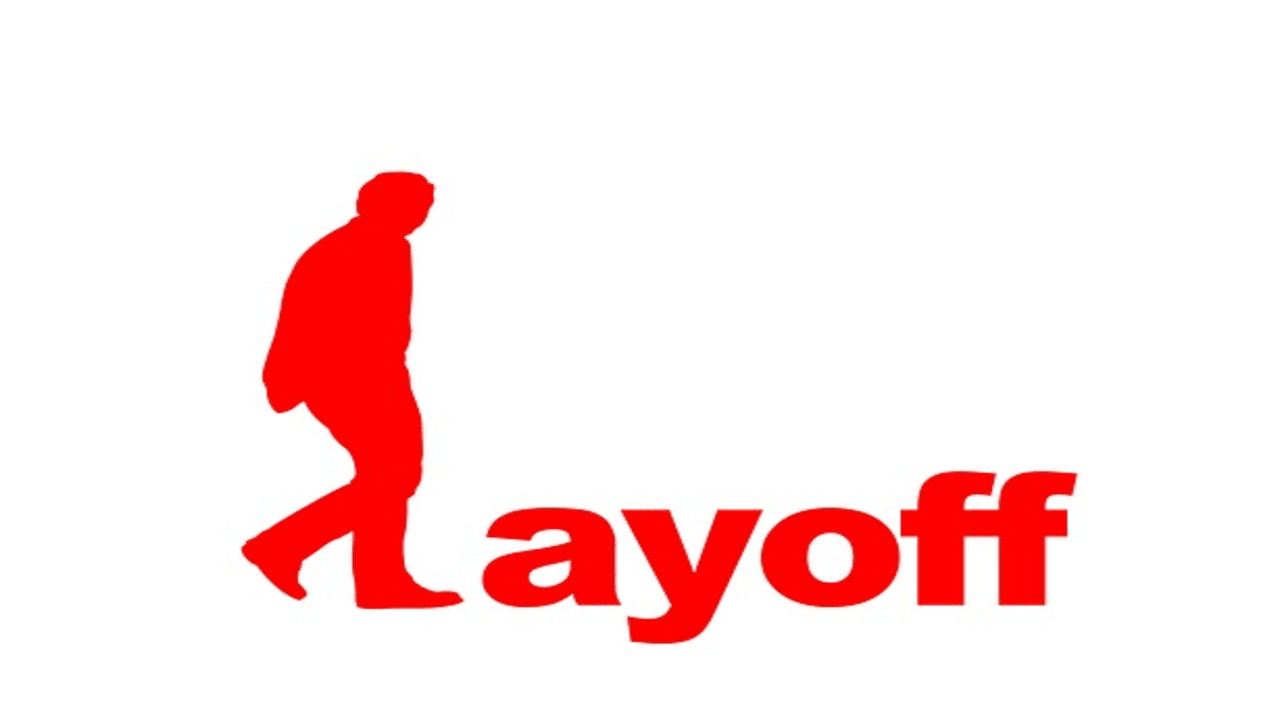New Zealand (Commonwealth) _ It is reported that up to 1000 individuals were told they no longer had employment after Deloitte receivers were appointed to take over the big labor hire and recruiting agency on Wednesday. Many of those affected were migrants whose permits were conditional on working with the organization.
The union representing workers who lost their employment after labor hire business ELE went into insolvency is having a meeting this afternoon to brief jobless migrants on their situation. In a statement, Immigration New Zealand deputy chief operating officer Jeannie Melville said 261 migrant builders, laborers, and carpenters had been identified as working for ELE.
We are working collaboratively with the company, employees, and other interested parties to make certain that these people may legally remain in New Zealand while also exploring possibilities for those who are still overseas, according to the statement.
The First Union, which represents many of the workers, previously stated that up to 500 of those impacted were Filipinos on temporary visas, with others still on their way to the nation. Dennis Maga, the union’s general secretary, said the news had a profound impact on the community, especially given the proximity to Christmas. He requested that officials allow the workers to stay.
These migrants contribute to the New Zealand economy and should be able to continue working rather than being put in limbo right before the New Year. Approximately 500 people lost their jobs and were forced to sleep in their cars due to a lack of funds to cover rent.
Red Aguhar, a Filipino, traveled to New Zealand expecting to earn money to bring back to his family in the Philippines. However, the rapid fall of ELE has made him concerned about providing for them, in addition to his own needs. Aguhar’s statements were translated with the assistance of the Union Network of Migrants inside FIRST Union.
It was a huge blow, and the first thing that sprang to mind was his rent, vehicle payments, and the money he’d take home, according to translator Mikee Santos. Without any money, Aguhar had to sleep in his car, which he had parked at a friend’s house.
He uses the lounge and the restrooms, but at the end of the day, at night, he comes here and sleeps in the car; it’s quite bad, he added. Desperate for job, Aguhar expects that once he gets it, he will be able to obtain a new visa because his previous one was connected to his company. Hopefully, if he eventually obtains a job and applies for his visa, Immigration New Zealand will accept it quickly so he may return to work.
FIRST Union general secretary Dennis Maga stated that numerous workers were in the same predicament as Aguhar. Many of them came from Hamilton to Auckland only to meet their friends and ask if they could park and sleep in their cars.
Maga stated that the union was in talks with ELE’s liquidator, Deloitte, to ensure that the workers received a fair deal. We can continue to file appeals for their claim and other benefits since they need the money to pay their rent and food.
He had also contacted the Philippine embassy for assistance. The Philippine embassy answered warmly. They are presently in contact with those people, and it has been reported that some of them have already received funds from the embassy. Maga thought this afternoon’s conference in Auckland would bring solutions for the migrants who just wanted to return to work.
Among the homeless and unemployed, there is rage and discontent with the government and its agencies’ recruitment efforts for various employment in New Zealand. They argue that the existing system is complex and bureaucratic, leaving many people feeling hopeless. This matter should be brought to the attention of the appropriate authorities and resolved as soon as possible, they stated.
New Zealand was originally the birthplace of the social welfare state, yet one in every 100 New Zealanders is homeless.








